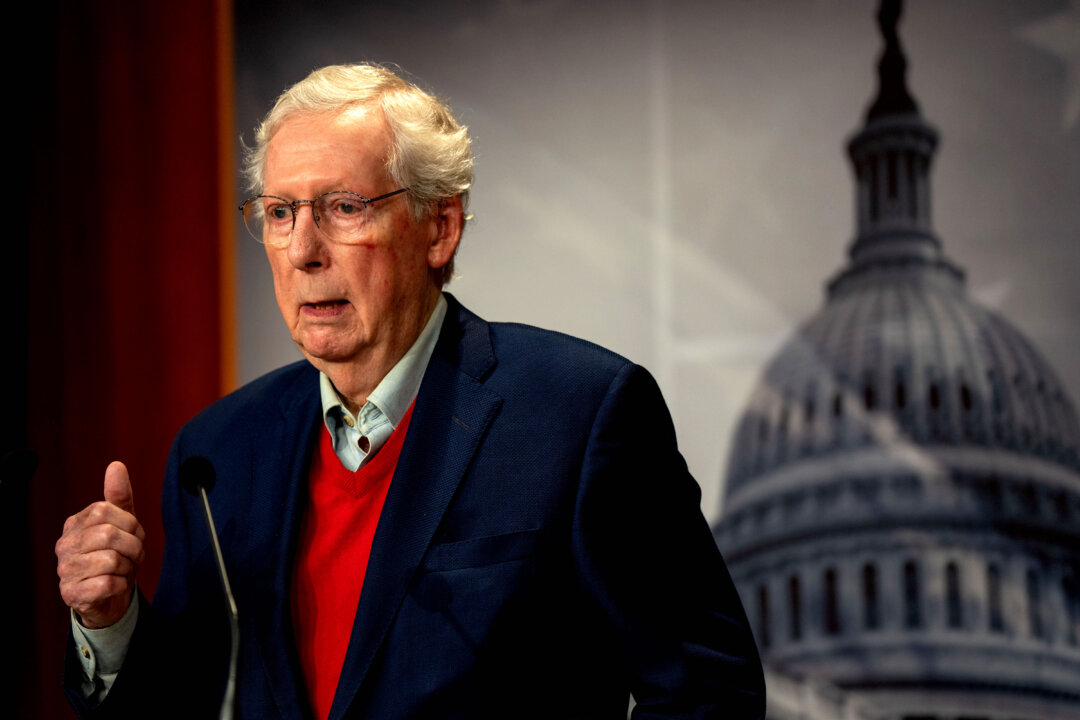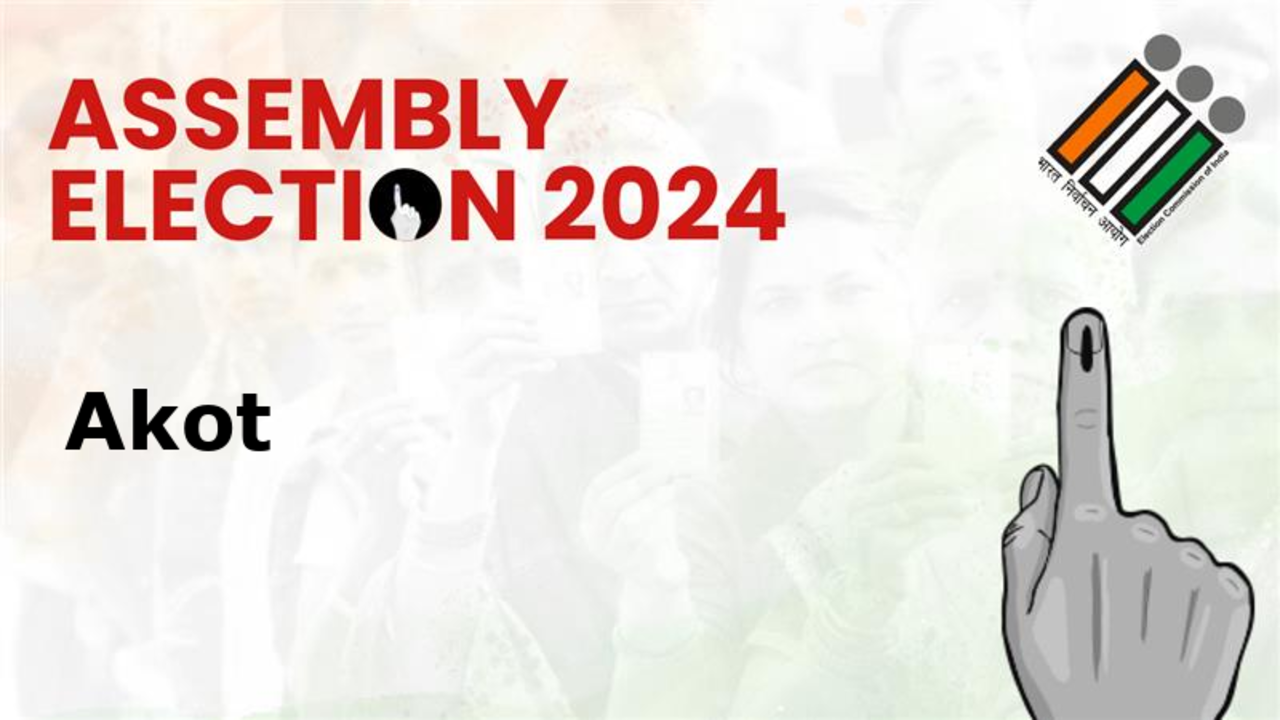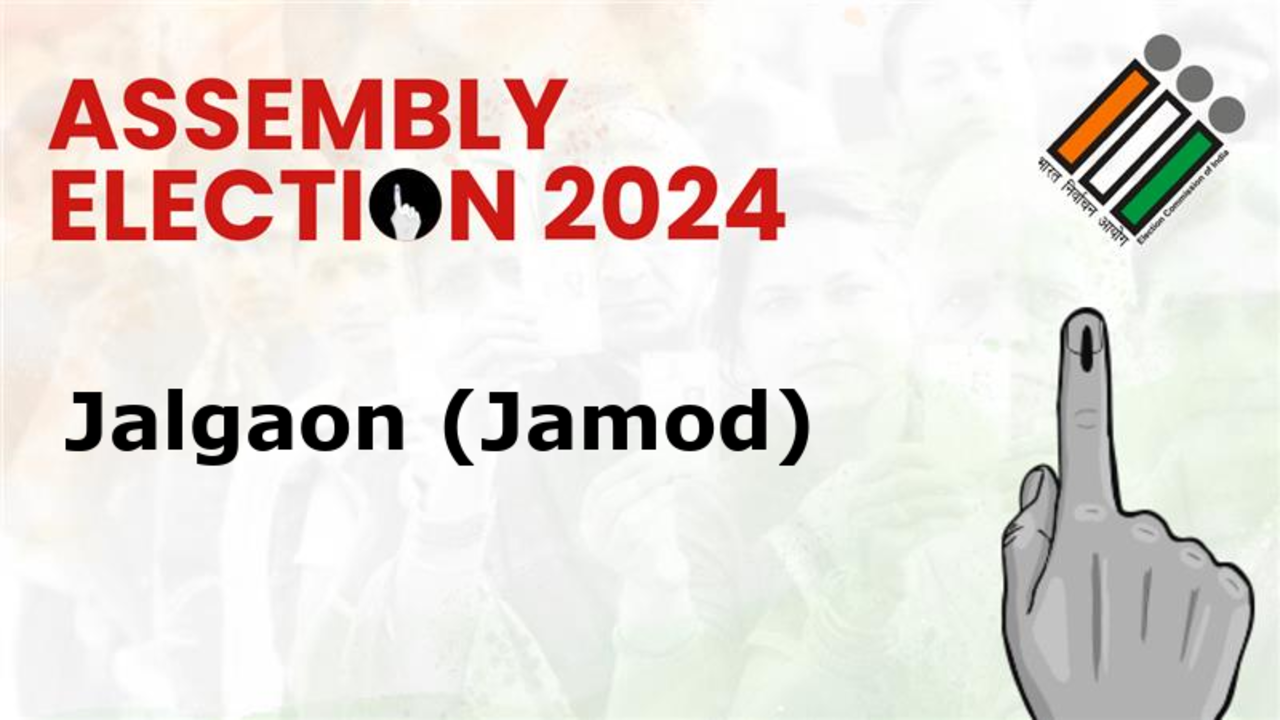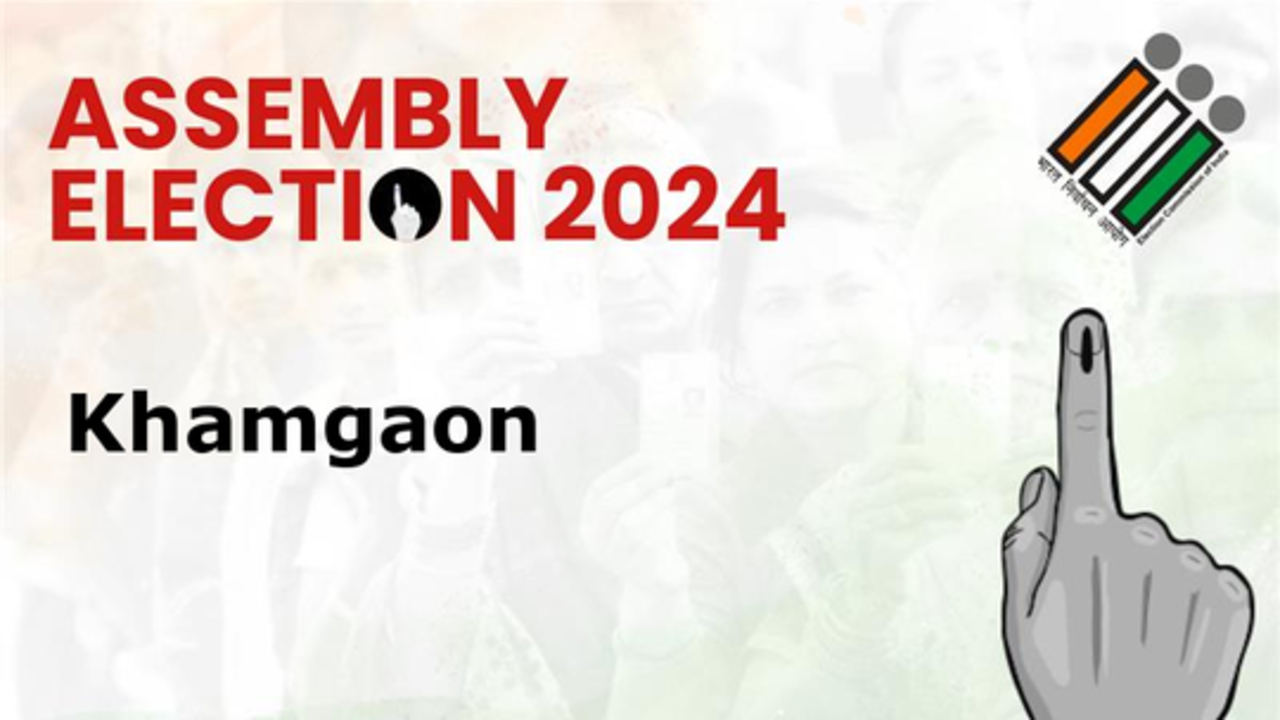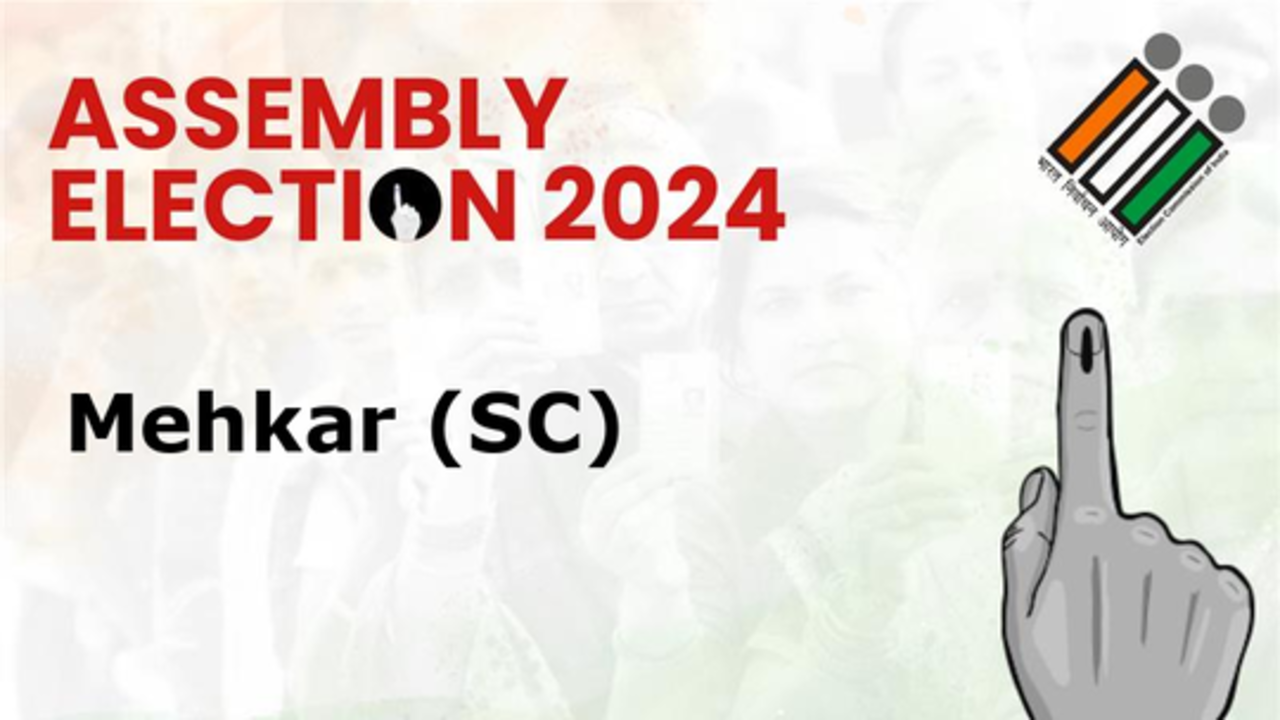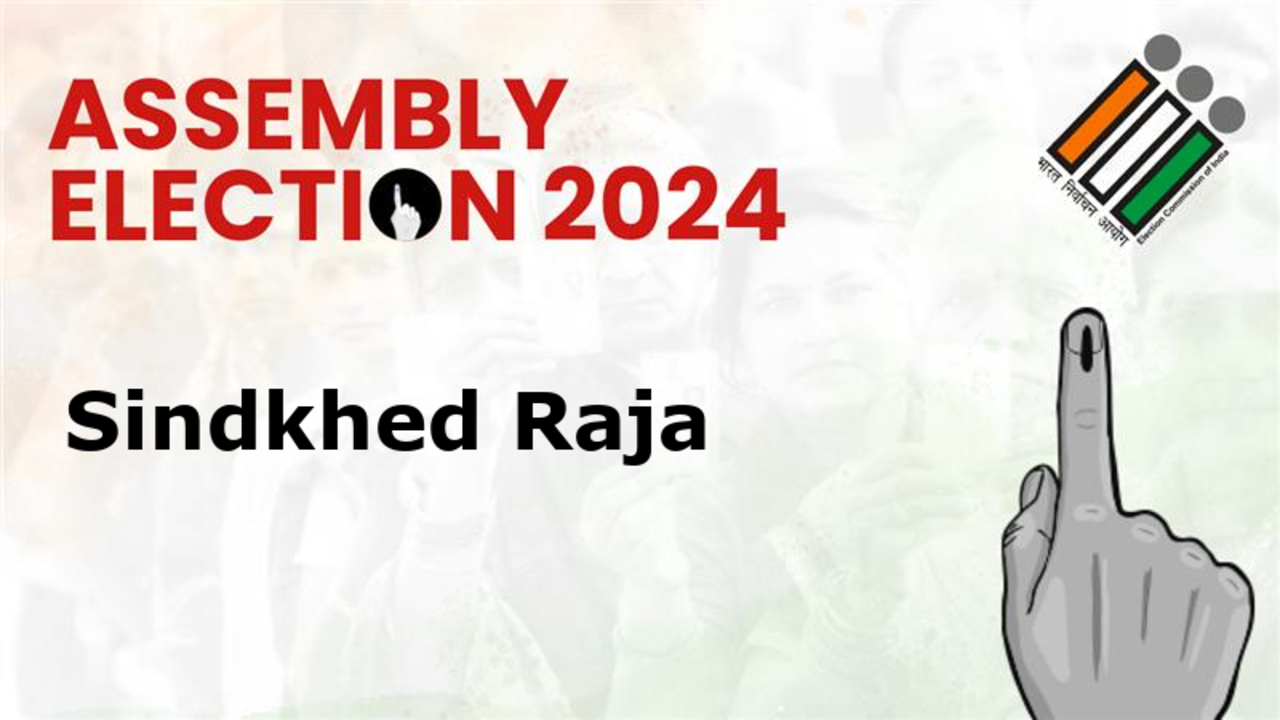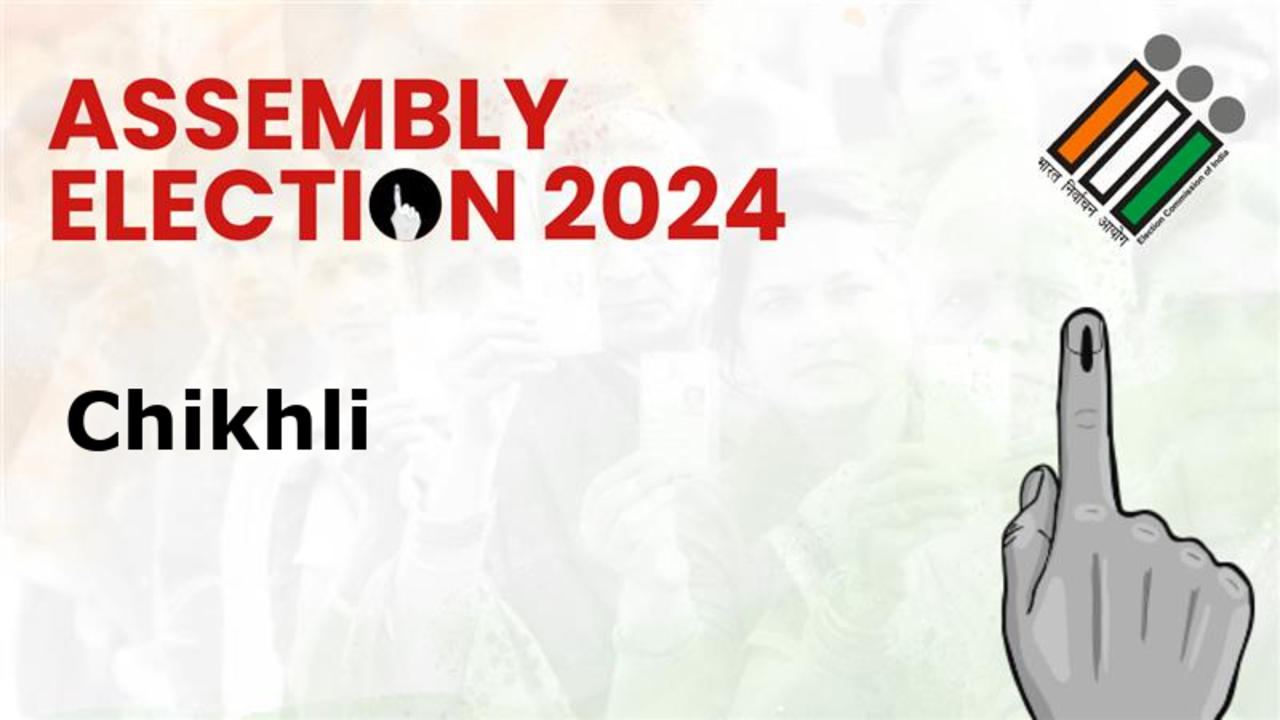
ISLAMABAD - Pandemic of diabetes calls for urgent policy action by government including taxing sugary drinks and limiting industrially produced trans fatty acids in all foods. Pakistan is set on the way to have 62 million diabetic by 2045 and the number of people living with diabetes in Pakistan increased from 6.3 million in 2011 to 33 million in 2021 and approximately 36 million in 2024, with an additional one million as pre-diabetic.
The sharp surge of diabetes has ranked Pakistan a number one country globally in term of prevalence rate of diseases where every third adult Pakistani is diabetica. More than 1100 deaths are attributed to diabetes or its complications daily in Pakistan and if no immediate policy action taken, the situation will further deteriorate. This was told by representatives of civil society organizations during a walk organized jointly by Pakistan National Heart Association (PANAH), Heartfile, Pakistan Youth Change Advocates, Center for Peace and Development Initiative and others in front of National Press Club Islamabad on world diabetes day.
IMCG G-10/4 holds students council oath taking Experts agreed that the consumption of ultra-processed foods lurking with industrially produced trans fats, sugar and salt are major contributing factors to the diabetes surg in Pakistan. Trans fats, found in processed foods, fried items, and baked goods, are known to increase insulin resistance, raise bad cholesterol (LDL), and promote inflammation – all of which increase the risk of type 2 diabetes and cardiovascular disease. On this occasion, Munawar Hussain Country Coordinator Global Health Advocacy Incubator (GHAI) said that sweet drinks are the largest source of the intake of the sugar in the diet and the liquid sugar alters the metabolism of the body, promote excess calorie intake which leads to type 2 diabetes and many other fatal diseases.
Several research studies indicate that consumption of sugary drinks has clear link with type 2 diabetes. He added that the regular consumption of sweet drinks may increase the risk of type 2 diabetes by 30 percent, which could be cut down by reducing its consumption. Due to the negative health effects of ultra-processed food and beverage products, several countries have taken effective policy measures to reduce their consumption.
Minister unveils plan to boost medication supply for smog-affected citizens These measures include increasing excise tax on these products and enactment of front of pack labeling and warning signs to guide consumers for making healthier food choices, and limiting industrially trans fats to 2% of the total fats in all food sources. Sanaullah Ghumman General Secretary Pakistan National Heart Association (PANAH) said that higher taxes on sugary drinks proves to be an effective strategy for reducing the prevalence of diabetes and other fatal non-communicable diseases. This approach has been successfully adopted by approximately 50 countries, including Bahrain, Morocco, Oman, Saudi Arabia, the United Arab Emirates, and Qatar.
The outcomes of these measures have shown promising results in significantly decreasing the consumption of sugary drinks and lowering the prevalence of diabetes in these nations. CEO Heart File Dr. Saba stressed the importance of curbing SSB consumption to combat diabetes.
“The link between sugar-sweetened beverages and diabetes is well-documented. As a medical doctor, I can see how excessive sugar intake contributes to the rise of NCDs. Raising excise taxes on all type of sweetened drinks is an evidence based strategy to reduce its consumption and cut down diabetes.
” Placer gold quarrying in river Indus to be auctioned in Attock: Mines Minister Huma Jehangir further emphasized on uniform regulations and stated, “The masses are exposed to ultra-processed products more than ever before. These products not only have excessive levels of sugars and salt but also alarming levels of transfats. She emphasized on urgent policy action by the government at regulatory and legislative level.
” “World Diabetes Day is a crucial opportunity to raise awareness about the link between industrially produced trans fats and the rising rates of diabetes in Pakistan,” said Mukhtar Ahmed Ali, Executive Director of CPDI. He added, “Trans fats are a significant contributor to this crisis, and it’s essential that we eliminate them from our food system.” He urged the government to adopt mandatory standards limiting industrially produced trans fats to less than 2% in all foods, in line with the WHO’s best practice policy recommendations.
Lahore and Multan lead global pollution rankings as Karachi's AQI declines sharply Afzal Butt said that he and his entire society of journalist will support taxes campaign and requested government to take immediate the other policy measure like regulating trans fats. Students, civil society representatives, health experts and public health advocates were carrying placards demanding government to take necessary policy steps to reduce the consumption of ultra-processed foods and sugary drinks. They requested FBR and Ministry of finance to increasing tax on sugary drinks and junk foods.
They also requested Pakistan Standards and Quality Control Authority to enacting front of pack warning labels on all ultra-processed food and beverage products, and regulating trans fats in all foods. Tags: pakistan diabetics experts.








